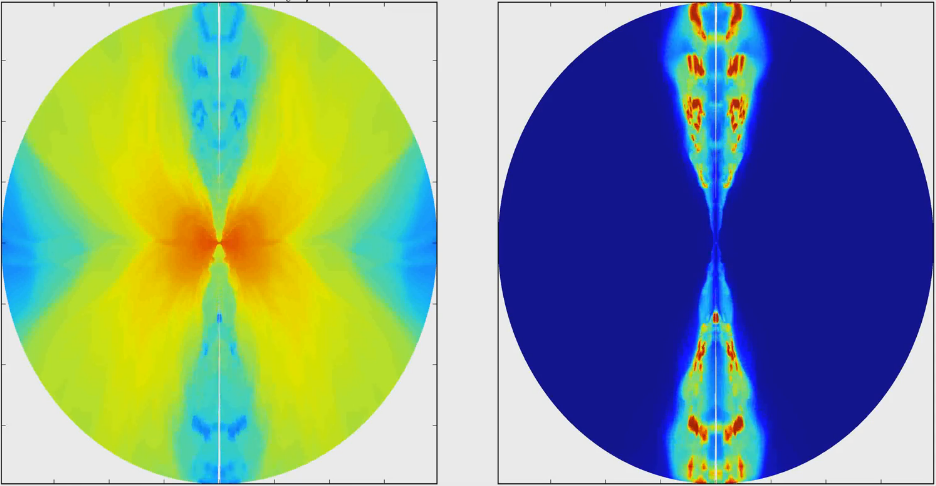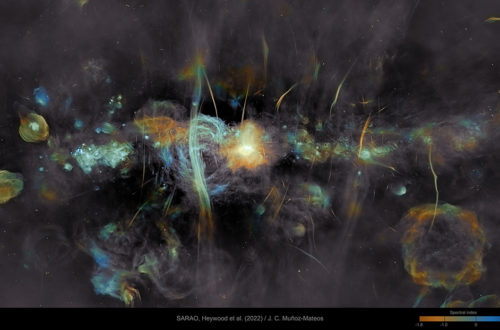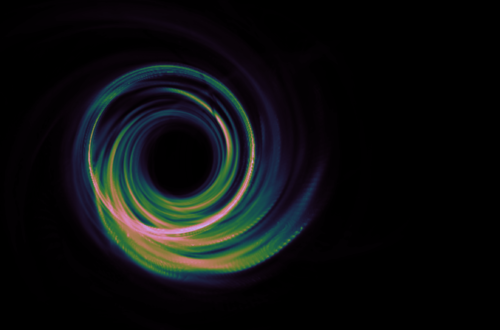Hi again, I thought now might be a good time to highlight some of the other work that we get to do (using one of my programs as an example, but almost all of us here at API do something similar, or even better). Work that isn’t sitting at a computer analysing data or writing papers on the amazing topics we study, but is instead us doing our best to give back to the community in a fun and exciting way in the form of community outreach.
As a scientist, one of the greatest things we get to do is scientific outreach into the local community. We are particularly lucky as astronomers, because astronomy naturally captures the public’s imagination and
curiosity. People are always excited about topics such as black holes, and when delivering outreach, astronomers have a distinct advantage over most other fields because kids and adults alike have almost all heard of things like black holes, supernovae, neutron stars, gravitational waves…. and are excited by them. This makes conversations about these concepts easy; people know about these topics and are interested and excited to learn, so helping direct that enthusiasm is easy.
To engage the community, sometimes us scientists go out into schools or community areas, or sometimes they come to us. For example, Sera has been using astronomy to help bring the local community here in the east of Amsterdam together in a fantastic way, or the stargazing nights run by API. Another way to do it, is to go into schools. Recently, I have been working with Han Tran and Pedro Russo (both from Leiden University) to create educational resources for schools about popular astronomy topics to help bring astronomy into education.
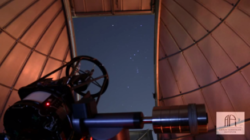
The Orion constellation seen from one of API’s observing domes during a stargazing night. For more information on attending one of these click here.
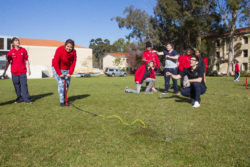
Here’s me working really hard with a school group on a visit to a university [photo credit: Pete Wheeler]
Sometimes some astronomy topics (such as black holes) are thought difficult to convey properly in an engaging way and there is a lack of access to good materials for teachers. But these are also topics that kids are very excited about. So, supported by the Netherlands Organisation for Scientific Research (NWO), through the Universe Awareness (UNAWE) education program, Han, Pedro and myself have been developing and implementing both primary and secondary education programmes on these topics. By presenting science (that is often cutting-edge) in an easy to understand, hands-on and interesting way, we are hoping to stimulate interest in STEM fields (Science, Technology, Engineering and Mathematics). We hope to increase the participation and awareness on these topics with the long-term goal of potentially increasing science participation in these areas.
The activities we have been creating use hands-on enquiry-based learning approaches (with some supporting
background information in the form of videos or text) to present topics in fun, simple, clear and scientifically correct ways. Practical activities include building and playing with models and equipment to better understand astronomical phenomena and objects, as well as how we study them.
So far, we have developed quite a few activities that have been tested at schools, both within the Netherlands and throughout Europe. We have also recently started creating short movies for teachers/students/anyone to view. These videos discuss the science behind these topics in a quick and easy to understand way. The activities are currently being peer-reviewed through the Universe Awareness program, but I will link to them when they are available.
We have also put together a handy black hole handbook (which can be found here), which collates 25 hands-on black hole activities (mostly from other people). This handbook describes the activities and their learning objectives, and provides a link to any instructions. We hope this will be particularly useful for teachers, scientists, and even parents.
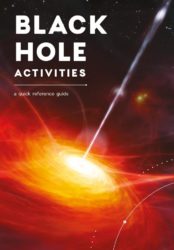
Our black hole activities handy reference guide (download here).
We are lucky to do what we do as astronomers, so I think it is incredibly important that we do what we can to discuss our ideas and our topics with the community, because they are interested. Not only is it fun to do, but hopefully we can help increase the awareness and participation in science, maths, technology and engineering at the same time.

